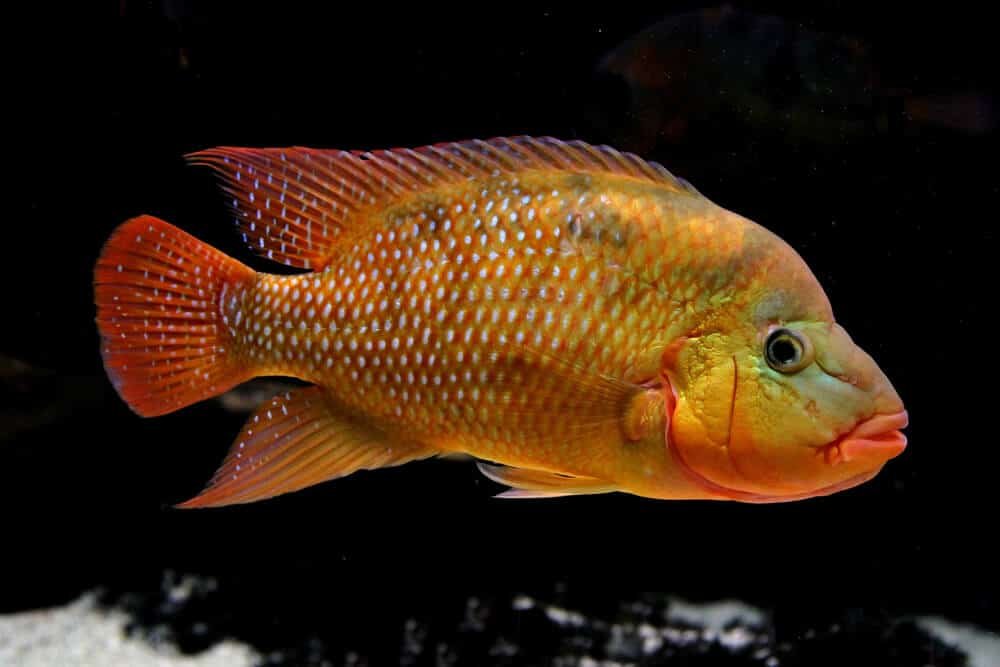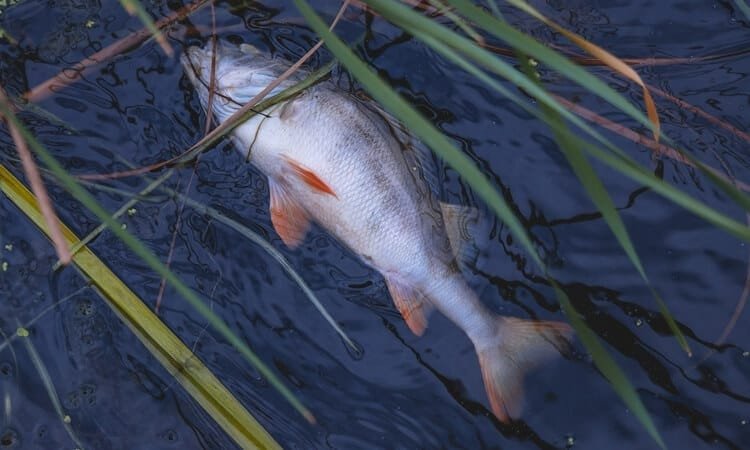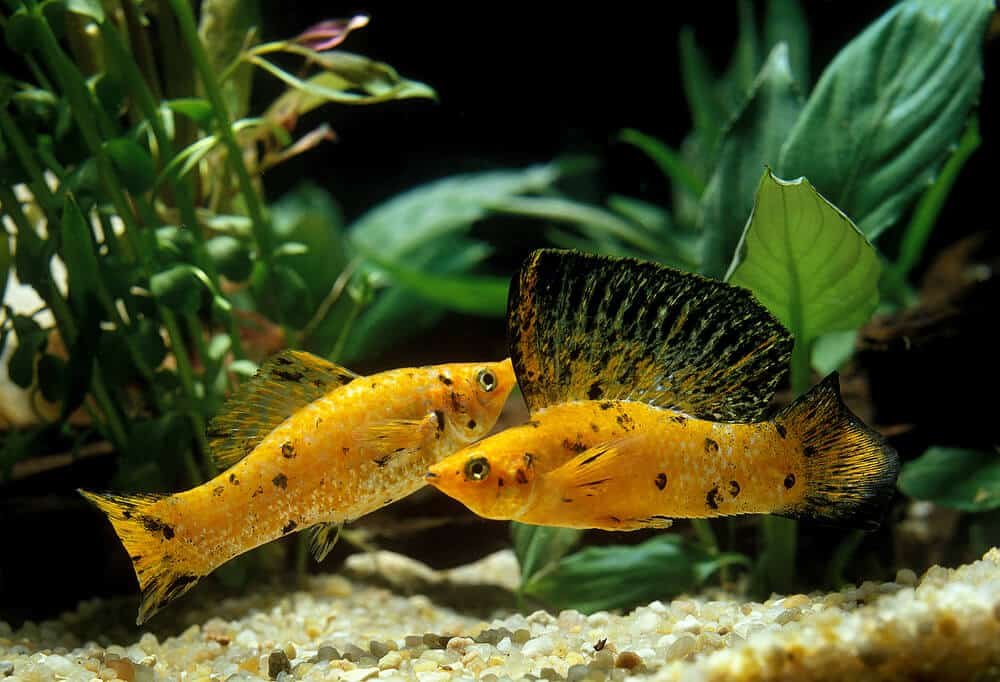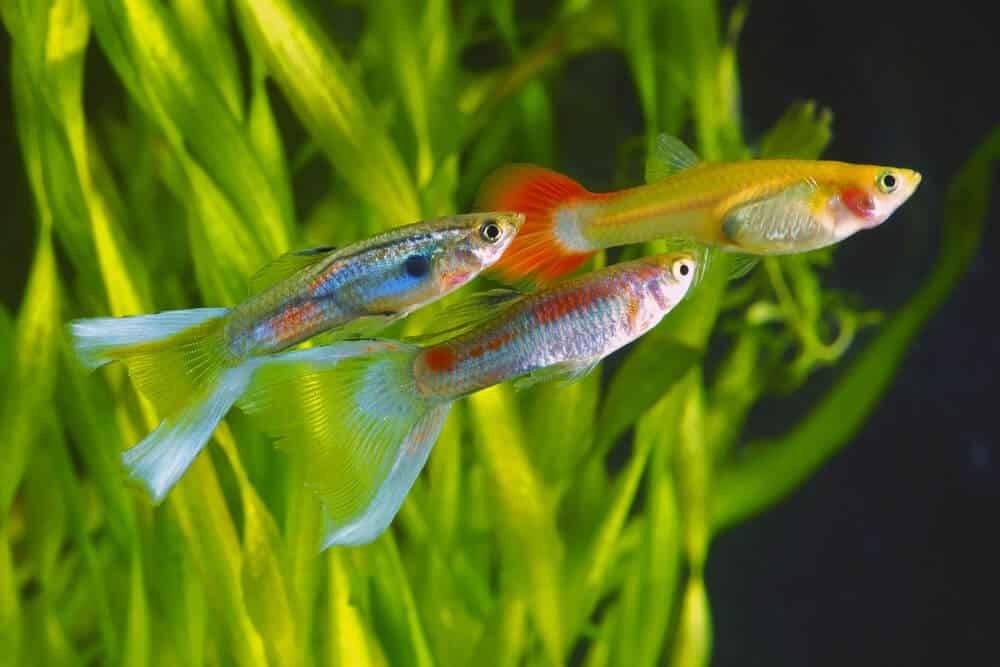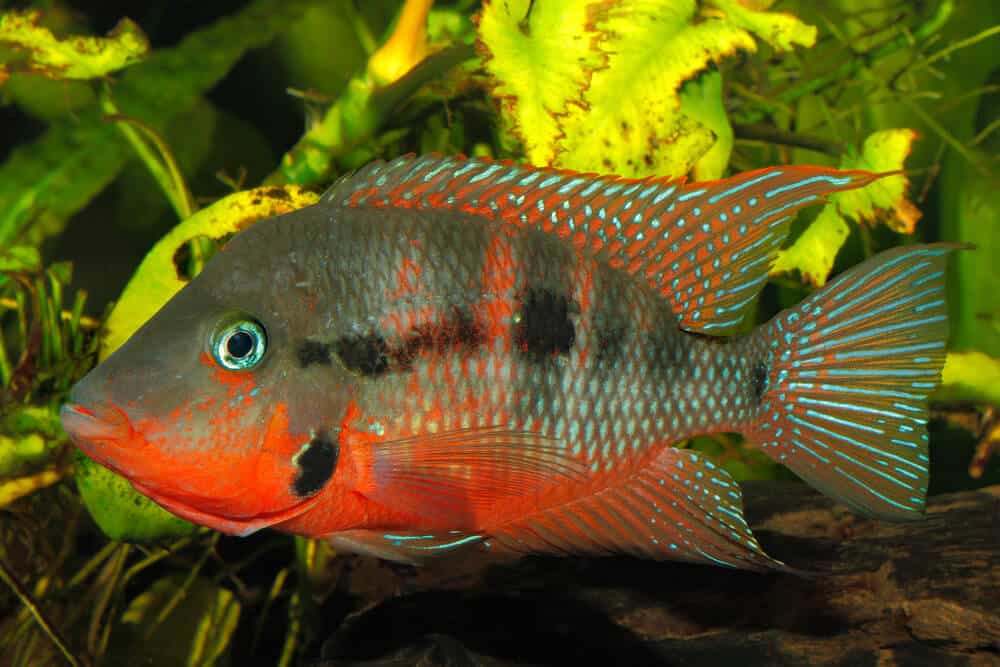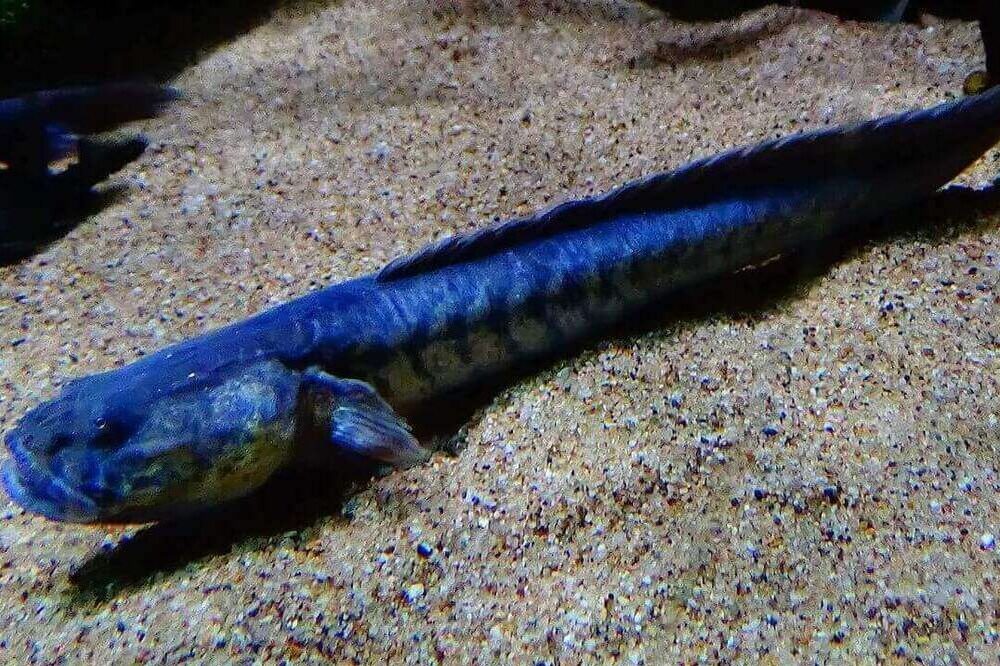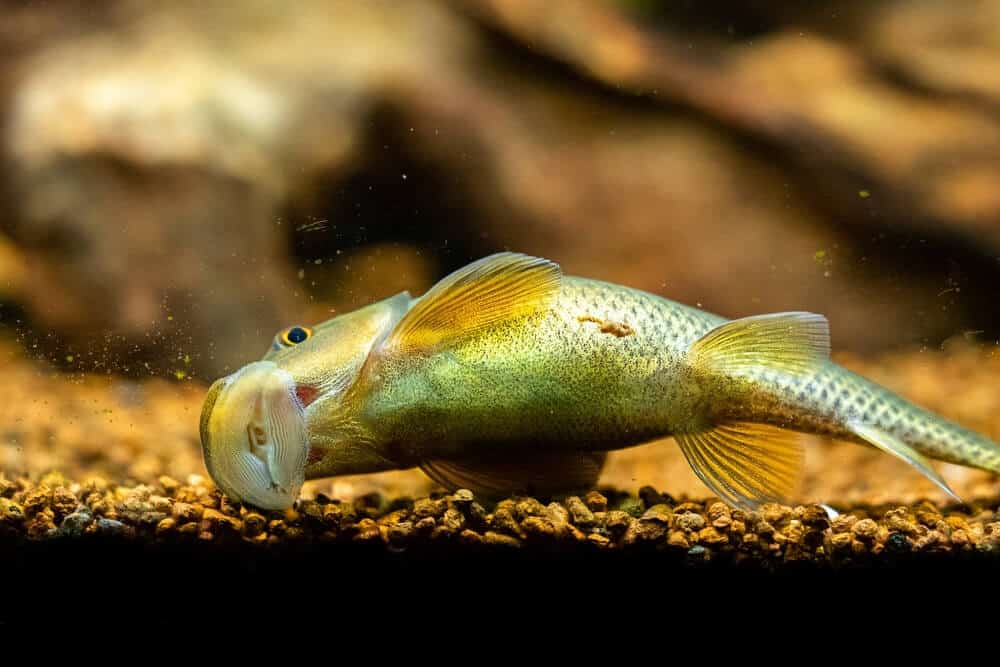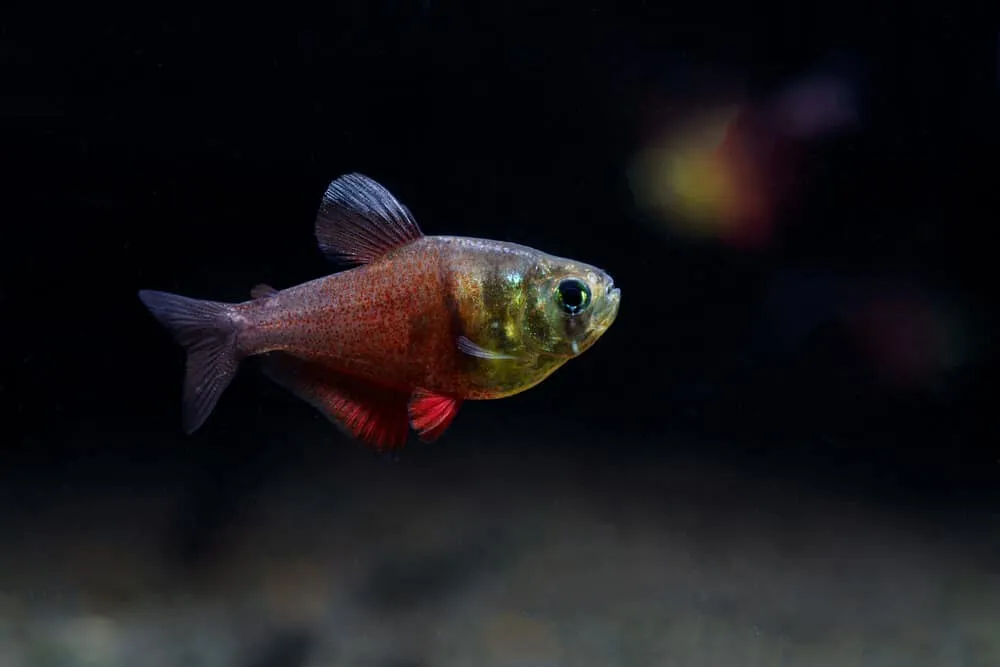Why Can’t You Tap On A Fish Tank?
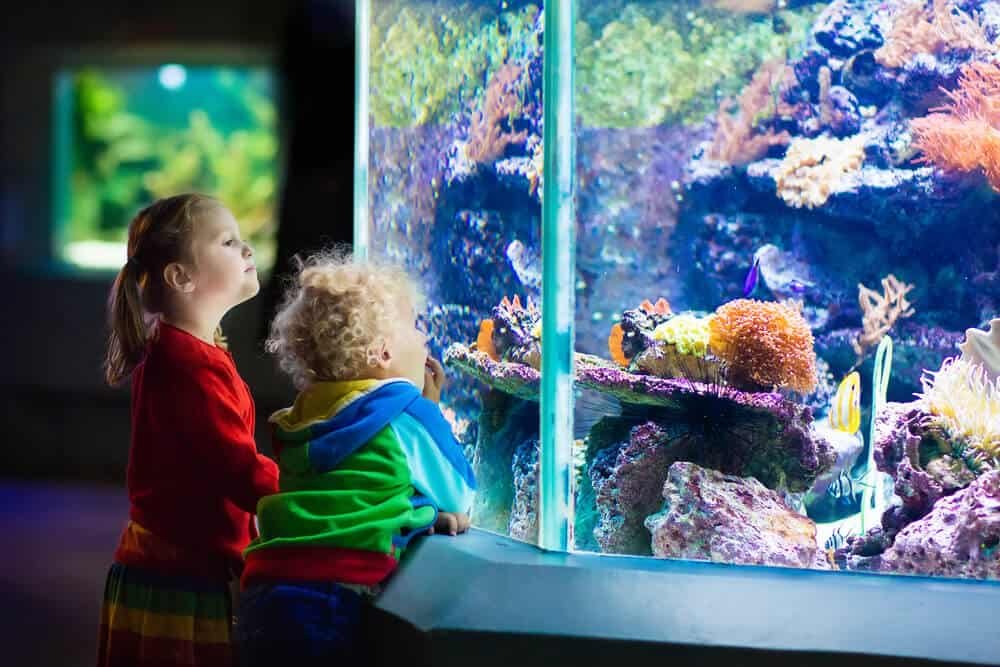
If you want to bring a piece of nature indoors, you can think of keeping a fish tank in the house so that fish can bring in a relaxing and calming effect.
However, it is critical to note that fish need huge attention and you have to carefully meet their needs without interfering with them.
One dangerous action that some people do not know is tapping on the fish tank to gain the fish’s attention. While you may think about it as something harmless to do, it can have adverse effects on your aquatic life.
In this article, we will explore reasons why you can’t tap the fish tank!
Fish Behavior And Sensitivity
In order to understand how tapping the tank affects fish in a tank, it is critical to understand fish behaviors.
Fish are very sensitive to the environment and any changes in water quality, temperature, and lighting will greatly affect them.
Fish are also frightened by sudden movements and loud noises. It is even recommended that you provide hiding places for the fish in the tank so they can hide whenever something disrupts their comfort.
Moreover, it is important that you learn about fish’s lateral system, which is the sensory organ that allows it to sense and detect environmental changes, especially in water pressure and movement.
The lateral system is also important in aiding fish to navigate inside the tank.
Fish Hearing System
Like other animals, fish also have a developed hearing system that enables them to detect sound. They use the hearing system to avoid predators and locate prey.
Fish can detect sound waves even when inside water. The sensory cells called hair cells are found in neuromasts and help them in detecting vibrations.
They can detect a wide range of sounds from high to low frequencies such as groans.
Some types of fish species such as goldfish and catfish are popular for their great hearing capabilities. In addition, catfish can detect low-frequency sounds which aid them in navigating murky waters.
When interacting with fish, it is essential to know that their hearing system is sensitive especially to loud sounds such as tapping of the tank or music sound.
Effects Of Tapping On The Fish Tank
Tapping can have psychological and physical effects on these beautiful aquatic creatures.
Physical Effects
Tapping can result in physical damage to the fish and affect their swimming capabilities.
For example, if any damage occurs to the swim bladder, the fish will have challenges while swimming in a straight line and staying afloat.
The swim bladder which is an internal organ in the fish helps the fish maintain buoyancy and swim upright.
Tapping can also cause harm to the fish fins, scale, and other body organs which may affect the overall activity of the fish.
Psychological Effects
Tapping can also cause stress, fear, and anxiety in fish. When the fish feel stressed or anxious, they might not manage to feed well, resulting in poor appetite.
This may interfere with the immune system and make aquatic creatures vulnerable to diseases.
In addition, when fish are extremely stressed, they can become more aggressive toward other tank mates. This toxic environment might cause fish to fight and injure tank mates, which can result in death.
Alternatives To Tapping On A Fish Tank
Tapping could be enjoyable but unfortunately, it results in harming your fish.
Instead, you can apply other activities that will still be enjoyable to do while near a fish tank. Here, are some of the most common ones.
Feeding Fish
If you want to spend some time interacting with your fish and observing their behavior, you can take some pellets and feed them little by little.
You’ll learn a lot about their behavior, preferences, and interactions with other tankmates.
You can also use a fish feeder and attach it to the tank so that you do not disturb them. If you are lucky to have an automatic feeder, then you can relax as it dispenses food at definite intervals.
Giving Them Toys
When you are through with feeding the fish, you can also do other things like providing them with toys and decorations which they can play with.
Objects such as plants, shells, and rocks will also give them plenty of space for hiding.
Use Air Bubblers
You can use air bubblers to create small air bubbles that will rise to the surface of the water tank.
These bubbles will create a gentle water movement that will not disturb your fish but rather stimulate their natural behavior.
If you are lucky to have gouramis or bettas in your water tank, you are sure that they will enjoy playing in bubbles/ this will provide a fun environment for the fish which will make them healthy and happy.
Nonetheless, you should know that some species such as goldfish might not tolerate this type of environment because they perceive it to be stressful.
Why A Stress-free Environment Is Important For Fish
A stress-free environment for the fish includes a clean tank, proper filtration, lighting, and filtration.
Proper spacing will also ensure that the fish are not overcrowded and do not struggle to swim in the tank.
While creating the space, ensure that it has enough space to swim and hide as well as enough plants and decorations for hiding. This makes the space look more interesting and natural.
A proper diet is also another great aspect that ensures that the fish are getting the right and adequate nutrients.
It ensures that they have a strong immune system that can fight diseases and also enhance growth. A good diet is varied with different types of foods such as vegetables and proteins.
Final Thoughts
Tapping on the fish tank is harmful since it affects the fish both physically and psychologically.
Instead of tapping, you can consider other ways of keeping your fish interactive such as feeding them. It is good to engage fish in a positive way that will not harm them.
Avoiding tapping can be a great way to make your fish stay stress-free and thrive in their environment without disturbance.
